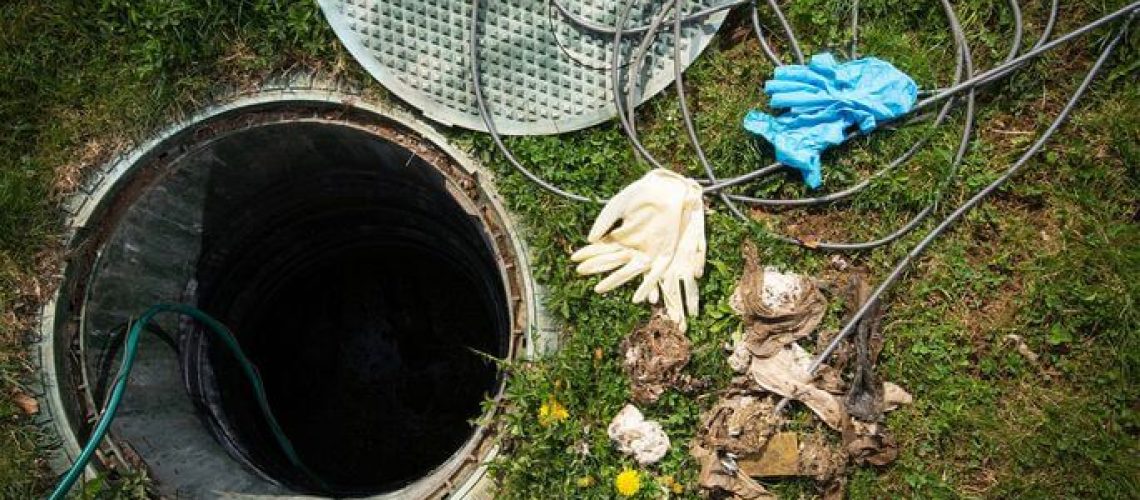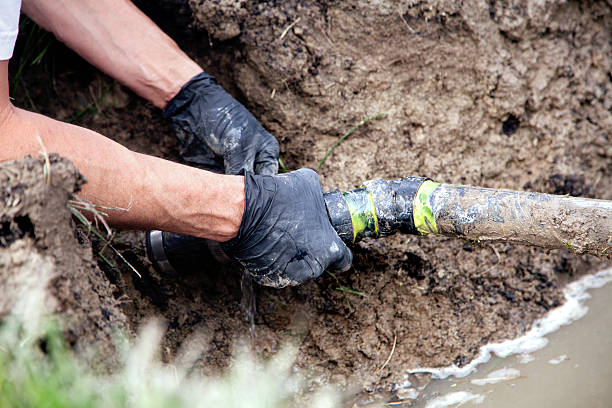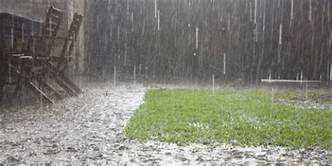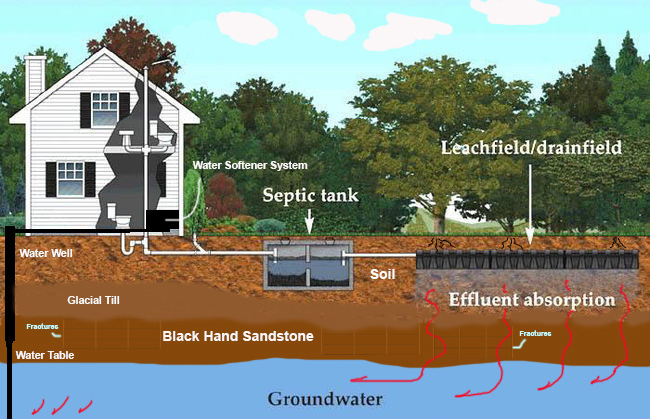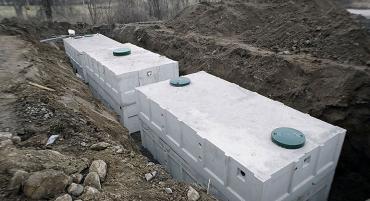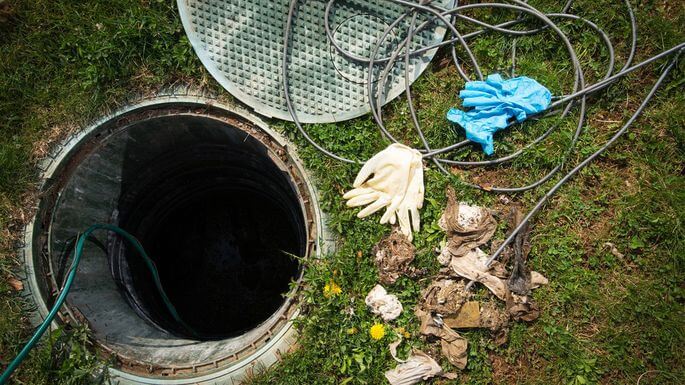Septic systems are often put on the back burner of a homeowner’s mind. However, these systems are the unsung heroes for people all over the continental U.S. as a vital part of every day life. When something starts to go wrong with the septic system, it can be hazardous to the health of you and your family if left to fester. This article will go over some of the most common septic system problems, causes and possible solutions.
Clogs and/or Backups
This is probably the most obvious sign that something is wrong with your septic system. The most common cause is that the tank hasn’t been pumped for quite some time. Without routine pumping, the solids in septic tanks will build up and can reduce the tanks holding capacity. Another reason they might back up is improper disposal of household products. These products include: grease, gauze, diapers, excessive toilet paper, paper towels, feminine products, the list goes on.
Another reason for a backup is that your septic tank filters are clogged. The tank filters protect your drain field, keeping it from being overloaded with solids. Thankfully, all you have to do is pull out the filter and hose it off with your garden hose. Keep an eye out for any problems with the filter, or have a professional come and clean the filter. In order to avoid a clogged or backed up system, make sure to watch what substances are going down the pipes. Make sure you have your septic tank pumped regularly to keep it in pristine condition.
Tree Roots
This is another common problem with septic tanks, especially as they are not routinely maintained. Tree roots are naturally attracted to the moist, nutrient dense waste that is held in the septic tanks and lines. Tree roots will slowly work their way around the tank and lines, looking for leaking fissures or holes. Once they find these weak spots, they creep into the system and expand the holes, which create problems, like backups.
Reputable plumbers will take into account the locations of trees on your property when installing your septic system. However, tree roots can make their way far from its main body. There are chemicals that you can flush or wash down your drains that will help keep roots away from your septic system. There are also root barriers, made from plastic or other materials, that are buried around the septic system to keep roots from reaching it. The best way to make sure that roots to infiltrate your septic system is with routine “check-ups” and maintenance.
Digging Damage
One thing that homeowners might forget when doing a home project, is to locate their septic tank and drain field. If you are doing a home improvement project in your yard, and you have a septic system, you don’t want to start digging until you know the locations of the lines and tank. Homeowners can do this easily enough by calling in a locate technician. However, even with locates, accidents still happen sometimes, causing damage to your septic system. If you plan on doing any excavating soon, ask your plumbers to mark the locations as best they can, or call and have a locator do it for you.
Sewer Smells in the Home
Another obvious sign that there is a problem with your septic system is a distinct sewage smell lingering in your home. This problem typically is an indicator that there is a clog in the septic system ventilation. The best thing to do when you notice this is call and have your plumber come clean out the vent. This will help avoid the gas buildup in your home.
Conclusion
So, if you notice a smelly aroma, backed up sewage in your home, slow draining or you’re worried your tree roots might cause problems in your future, call us today so we can come make sure your septic system is set up for success!

